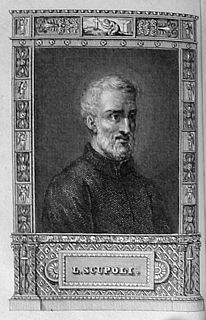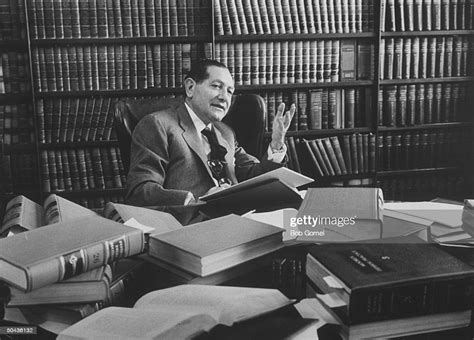A Quote by William Graham Sumner
The forgotten man... He works, he votes, generally he prays, but his chief business in life is to pay.
Related Quotes
The Forgotten Man is delving away in patient industry, supporting his family, paying his taxes, casting his vote, supporting the church and the school, reading his newspaper, and cheering for the politician of his admiration, but he is the only one for whom there is no provision in the great scramble and the big divide. Such is the Forgotten Man. He works, he votes, generally he prays — but he always pays — yes, above all, he pays.
The Forgotten Man... works, he votes, generally he prays-but he always pays-yes, above all, he pays. He does not want an office; his name never gets into the newspaper except when he gets married or dies. He keeps production going on.... He does not frequent the grocery or talk politics at the tavern. Consequently, he is forgotten.... All the burdens fall on him, or on her, for it is time to remember that the Forgotten Man is not seldom a woman.
The average man votes below himself; he votes with half a mind or a hundredth part of one. A man ought to vote with the whole of himself, as he worships or gets married. A man ought to vote with his head and heart, his soul and stomach, his eye for faces and his ear for music; also (when sufficiently provoked) with his hands and feet. If he has ever seen a fine sunset, the crimson color of it should creep into his vote. The question is not so much whether only a minority of the electorate votes. The point is that only a minority of the voter votes.
... if a man prays God for some virtue, and at the same time gives himself up to negligence, acquiring no definite means to gain this virtue, and making no effort towards it, truly this man tempts God, rather than prays. Thus the divine James says: 'The effectual prayer of a righteous man avails much' (Jms. 5:16). What avails to make prayer effective? is when, besides begging a saint to pray for him about something, the man also prays about it himself and with all diligence does everything necessary for obtaining his request.
Whilst a man is persuaded that he has it in his power to contribute anything, be it ever so little, to his salvation, he remains in carnal self-confidence; he is not a self-despairer, and therefore is not duly humbled before God, he believes he may lend a helping hand in his salvation, but on the contrary, whoever is truly convinced that the whole work depends singly on the will of God, such a person renounces his own will and strength; he waits and prays for the operation of God, nor waits and prays in vain
At present, man applies to nature but half his force. He works on the world with his understanding alone. He lives in it, and masters it by a penny-wisdom; and he that works most in it, is but a half-man, and whilst his arms are strong and his digestion good, his mind is imbruted, and he is a selfish savage.
































